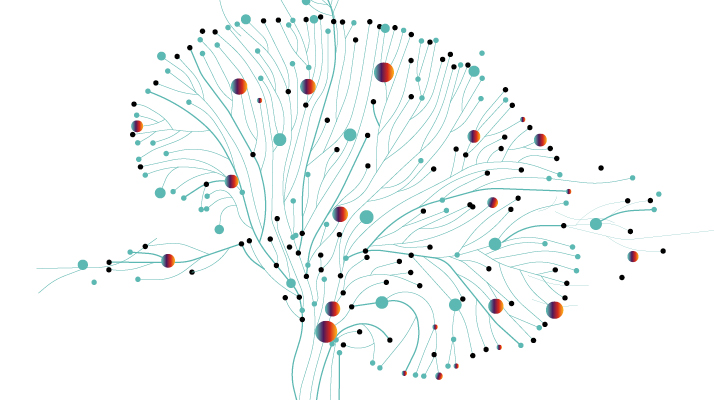Change is a constant in modern business. Whether it’s artificial intelligence (AI) or the next technological advance around the corner, the companies that succeed will be the ones that can respond with agility - and that empower their workers to do the same. That requires thorough and honest assessment, transparent communication, personalised development plans and an intentional investment in skills growth.
The Adecco Group’s Global Workforce of the Future 2024 research highlights a small yet important group of workers who possess the traits of future-ready talent. These employees are not only resilient and adaptable; they are also prepared to navigate ongoing shifts in technology and market demands. But building a future-ready workforce isn’t just about identifying these adaptable individuals—it requires a strong commitment from employers to support the development of these qualities across their entire workforce.

Who Are Future-Ready Workers?
According to our research future-ready workers currently represent only 11% of the global workforce, yet they are outperforming their peers by a wide margin. Equipped with skills that allow them to adapt to change, these employees exhibit three core qualities:- Adaptability: They readily adjust to new tools, processes, and responsibilities, maintaining flexibility in the face of shifting demands.
- Tech-savviness: They proactively experiment with AI and other digital tools, using them to maximise productivity.
- Proactivity: They take charge of their professional growth, seeking out new skills and staying ahead of industry trends.
Many future-ready workers report that AI has given them increased opportunities to learn new skills and advance in their roles. They are also more likely to receive training in ethical AI usage and apply these principles responsibly in their work. They are comfortable with the fact that their roles may evolve—or even change entirely—due to AI advancements. Rather than fearing these changes, they view them as pathways to growth.
Targeted Development of Future-Ready Workers One of the most encouraging findings from the report is that future-ready workers aren’t “found” but “made”. With the right development framework and support, organisations can cultivate a resilient, adaptable workforce from within. The report shows that 93% of future-ready workers have a personalised development plan from their employer, compared to only 51% of the overall workforce. Furthermore, 95% of future-ready employees participate in leadership training, whereas only 57% of all workers receive similar support.
Essential Steps for Employers
- Assess skill relevance and suitability: Empower managers with data-driven tools to understand, assess and predict skills needs and plan the talent pipeline. Regularly evaluate the skills within the workforce to identify gaps and prioritise training and development where it’s needed most. This ensures that employees remain competitive and aligned with evolving industry needs.
- Communicate career mobility opportunities: A robust talent strategy includes transparent communication about career mobility. By outlining potential pathways for growth, companies can increase employee engagement and retention.
- Develop personalised plans: As the data shows, employees with customised development plans are more likely to become future-ready. Tailoring growth initiatives to individual needs makes professional growth more attainable and relevant.
- Invest in skills growth: Whether it’s through formal training or on-the-job learning, regular technical and human upskilling can make workers more adaptable. Leaders must act as role models and create an organisational and leadership culture that promotes continuous upskilling and empowers workers to take ownership of their own training.
By providing ongoing development opportunities, organisations not only support their existing talent but also contribute to a culture where adaptability and resilience are the norms.
Future-Proofing Talent Strategy In a competitive landscape, future-ready talent is one of an organisation’s most valuable assets. In 2024, two-thirds (66%) of business leaders planned to recruit new talent to fill positions requiring AI skills, rather than train their existing teams. Considering only half of those leaders would redeploy employees affected by AI, an overreliance on this ‘buy’ mindset risks creating a two-speed workforce, exacerbating talent gaps and driving up wages. On the other hand, employers that actively support skill growth, rather than waiting to react to external pressures, position themselves to better handle shifts in technology and market demands. This proactive approach safeguards employability for the entire workforce, enhancing both talent retention and workforce transformation. To remain agile, companies need to focus on expanding the amount of future-ready workers within their teams. As employees stay with their current employers but seek upskilling opportunities, this investment is well-timed and mutually beneficial. Not only does it protect the organisation’s ability to compete, but it also empowers employees to navigate—and even lead—future changes with confidence.
The small but impactful group of future-ready workers demonstrates the potential of a workforce that’s empowered by technology, skilled in adaptability, and supported by a culture of continuous learning.


.jpg?h=400&iar=0&w=714&hash=E824144FD740610C12E91D67CA82BA1B)
